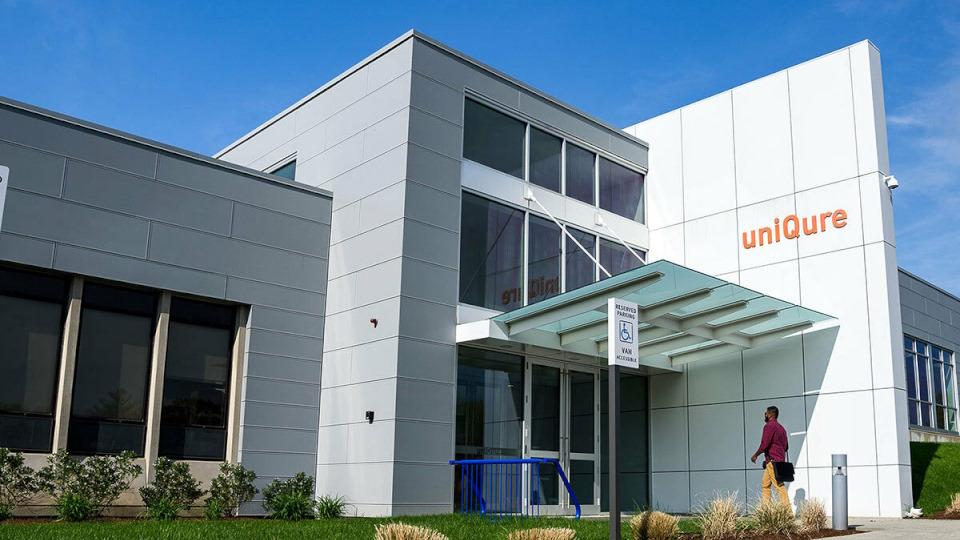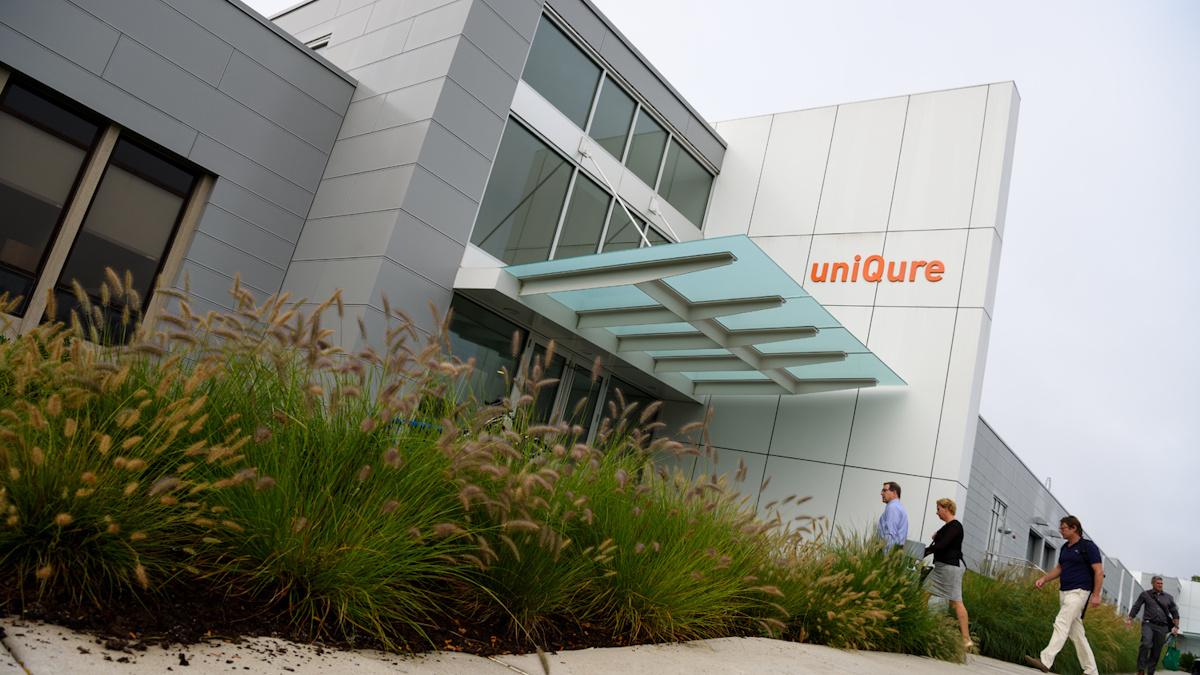uniQure sheds a fifth of its staff and half its R&D

Netherlands gene therapy company uniQure has said it will shed 20% of its workforce, around 114 jobs, and slash its R&D projects in an effort to extend its cash reserves.
The company said it is shelving “more than half” of its R&D projects and prioritising the development of its Huntington’s disease candidate AMT-130, currently in phase 1/2 studies, and a handful of other projects. The aim is to cut costs by $180 million over three years and keep it operating into mid-2027 on cash reserves of around $629 million as of 30th June.
It will also close down a research lab in Lexington, Massachusetts, and consolidate manufacturing at the US site, with all process and analytical development carried out at its Amsterdam facility.
The biotech stressed the cutbacks do not affect any of the teams involved in the manufacturing of recently approved haemophilia B gene therapy Hemgenix (etranacogene dezaparvovec), which was licensed to CSL Behring in a $2 billion deal in 2020. Earlier this year, uniQure sold off its royalty entitlement to the $3.5 million-a-shot therapy, raising $400 million to invest in its pipeline.
Chief executive Matt Kapusta said the restructuring means that uniQure will “focus our R&D efforts on programmes that leverage our CNS and liver-targeted gene therapy expertise.”
That new focus orients around AMT-130 – which generated unconvincing clinical results in June that sparked a fall in the biotech’s share price – as well as three projects heading towards clinical trials, namely AMT-260 for refractory mesial temporal lobe epilepsy, AMT-162 for SOD1 amyotrophic lateral sclerosis (ALS), and AMT-191 for Fabry disease.
The terminated programmes include AMT-210 for the treatment of Parkinson’s disease, but an early-stage programme for Alzheimer’s disease has survived the cull along with a candidate for c9orf72 ALS.
The shake-up is affecting senior management as well, with chief scientific officer Ricardo Dolmetsch leaving the company, shortly after Walid Abi-Saab joined the company as chief medical officer to oversee clinical development.
Meanwhile, chief business officer Rich Porter takes additional responsibility for uniQure’s research operations, as well as non-clinical and vector development.
“These were difficult but necessary decisions,” said Kapusta. “We remain fully committed to carefully managing costs, prudently allocating capital, rigorously assessing our clinical development priorities as new data emerges, and thoughtfully evaluating strategies that can enhance value for shareholders.”













